
Dental Implant Surgery- Introduction
Dental implant surgery is performed in people who have lost their teeth and want to replace them. The replacement is done with artificial teeth. These teeth resemble the real teeth and can provide with the desirable function. It can particularly help people who have already tried ill-fitting dentures or bridgework and who have not been satisfied with the results. The best candidates for this surgery include people with one or more teeth missing, those whose jawbone has fully grown, people with healthy bone which will secure the implant or those who can have a bone graft. Additionally, it can be performed in people with healthy oral tissues, particularly gums.
The Surgical Procedure
The surgical approach basically depends on the type of implant and the condition of patient's jawbone.
There are several procedures which are not performed at once but separately. The longest part is actually the healing of the bone after the insertion of implants and it can last up to a few months.
The initial surgery is insertion of the implants into the jawbone. These implants act as roots of the missing teeth. Insertion of implants carries certain risks and they include infection, injury to the surrounding tissues, damage of the nerves which can consequently lead to pain and abnormal sensations in the area of innervation, and problems with sinuses which can occur in insertion of implants into the upper jawbone. After the implants are inserted into the jaw patients go through recovery time which lasts approximately several months. During this period the jawbone completely heals.
In some patients whose jawbone is way too soft additional procedure called bone grafting is performed. In this procedure parts of other bones in the body are taken and then transplanted to jawbone. Additional bone will provide with desirable strength to support implants.
After the process of osseointegration is finished some patients undergo additional surgery in which the abutments are placed. They are connective parts between implants and the crowns of the artificial teeth. The gums need to heal properly after the surgical procedure and this lasts around a couple of weeks.
And finally, artificial teeth are attached to the implants. Patients can choose between Removable implant prosthesis and fixed implant prosthesis.
After the Surgery
There are certain reactions which are normal after this type of surgery and they include swelling of the gums and face, bruising of the gums and nearby skin, pain in the jaw and minor bleeding. In case of more severe symptoms, the patients are advised to report the symptoms to their surgeons. After each surgery patients need to eat soft food for at least 7 days. Smokers should quit since smoking can contribute to certain complications including implant failure.
Patients need to take exceptional care of new teeth. Impeccable oral hygiene as well as regular check-ups is necessary.



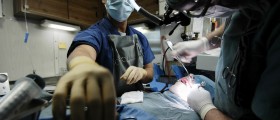
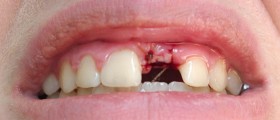
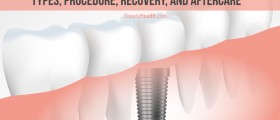


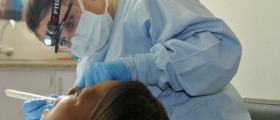

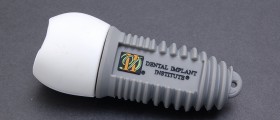

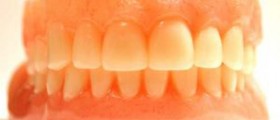


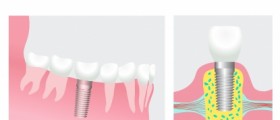
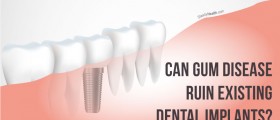
Your thoughts on this
Loading...